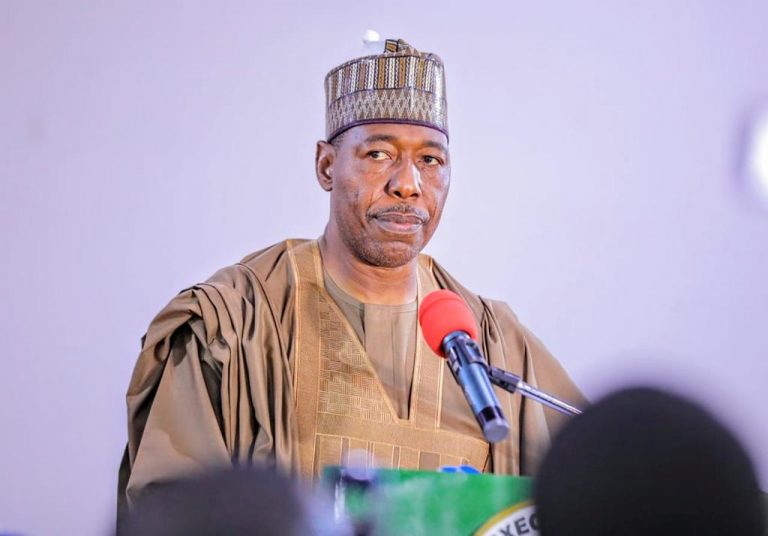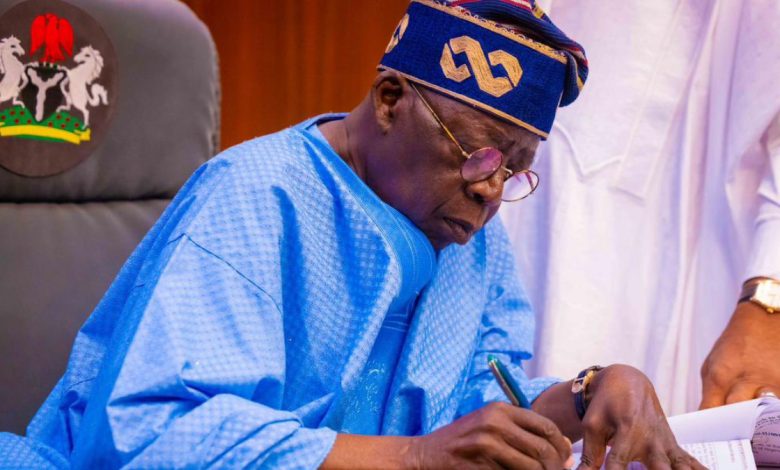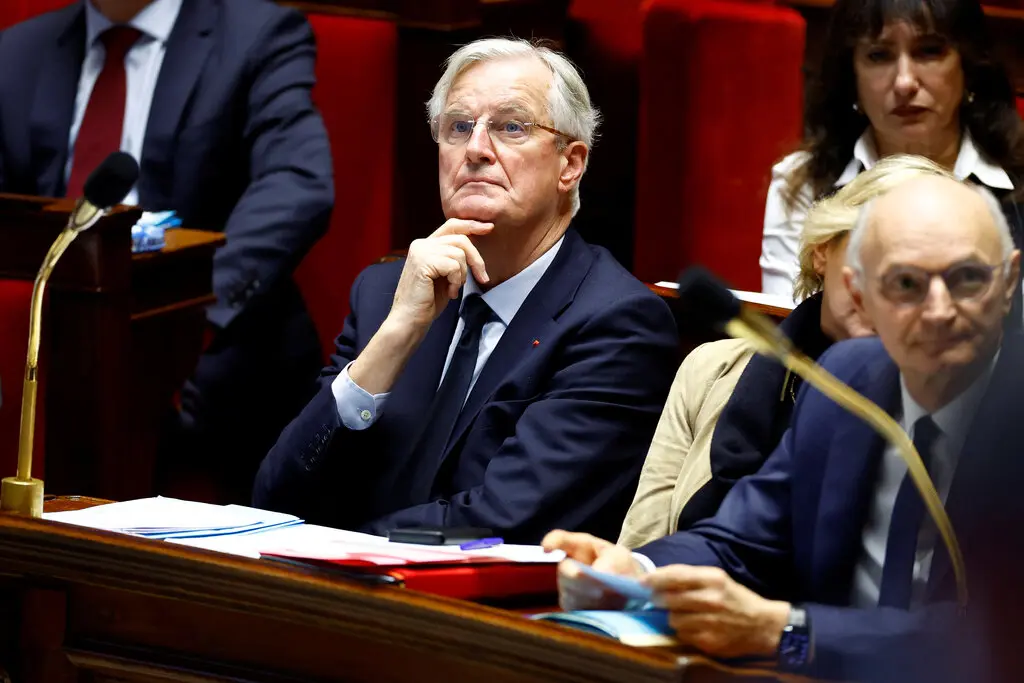Tax Reform Bill Sparks Concern

Borno State Governor, Babagana Zulum, has expressed strong concerns over the proposed tax reform bill, warning that it could have devastating consequences for the Northern region and other parts of the country.
In an interview with BBC Hausa, Zulum criticized the speed with which the bill is progressing through the legislative process, drawing comparisons to the Petroleum Industry Bill, which took nearly two decades to pass. He argued that the bill should be treated carefully and with caution to ensure its benefits are reaped by future generations.
Zulum alleged that the bill is structured to disadvantage certain regions of the country, particularly the North, which would struggle to implement developmental projects, including paying salaries. He emphasized that the opposition to the bill does not amount to opposition to the administration, as the North supported and voted for President Tinubu.
The governor warned that if the bill is passed, Northern states would struggle to implement developmental projects, including paying salaries. He also expressed concerns that the bill could lead to a decline in economic growth and development in the region.
Zulum’s concerns were echoed by other stakeholders in the North, who argued that the bill would exacerbate the region’s economic challenges. They pointed out that the North is already struggling with poverty, unemployment, and infrastructure deficits, and that the bill would only make things worse.
The Senate has passed the tax reform bills for a second reading, despite heated protests and disruptions during plenary. The bill was subsequently referred to the Committee on Finance, which was instructed to revert in no more than six weeks.
The proposed tax reform bills include the Nigeria Tax Bill 2024, the Tax Administration Bill, the Nigeria Revenue Service Establishment Bill, and the Joint Revenue Board Establishment Bill. These bills aim to provide a fiscal framework for taxation, offer a legal framework for all taxes, and reduce disputes.
However, critics of the bill argue that it would lead to an increase in taxes, which would further burden the already struggling Nigerian economy. They also point out that the bill does not address the issue of tax evasion and avoidance, which is a major challenge in Nigeria.
The controversy surrounding the tax reform bill has sparked a heated debate in Nigeria, with many stakeholders calling for a more nuanced approach to taxation. While some argue that the bill is necessary to increase government revenue and fund development projects, others argue that it would only exacerbate the country’s economic challenges.
As the debate continues, it is clear that the outcome of the tax reform bill will have significant implications for Nigeria’s economy and development. It is therefore essential that stakeholders engage in a constructive and inclusive dialogue to ensure that the bill is tailored to meet the country’s unique economic and development challenges.






